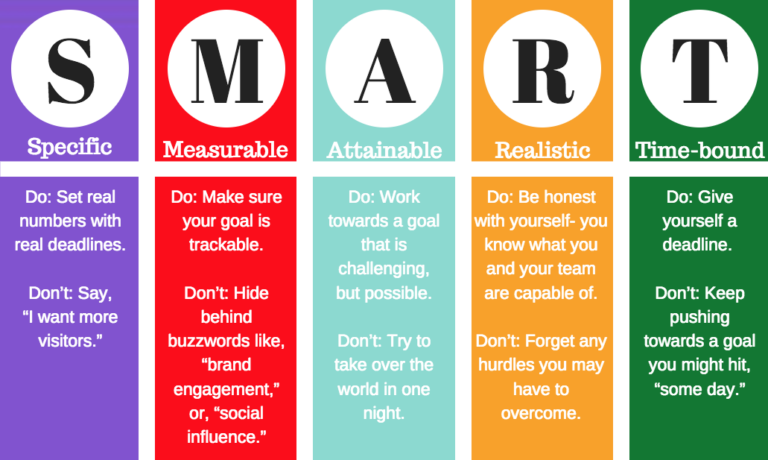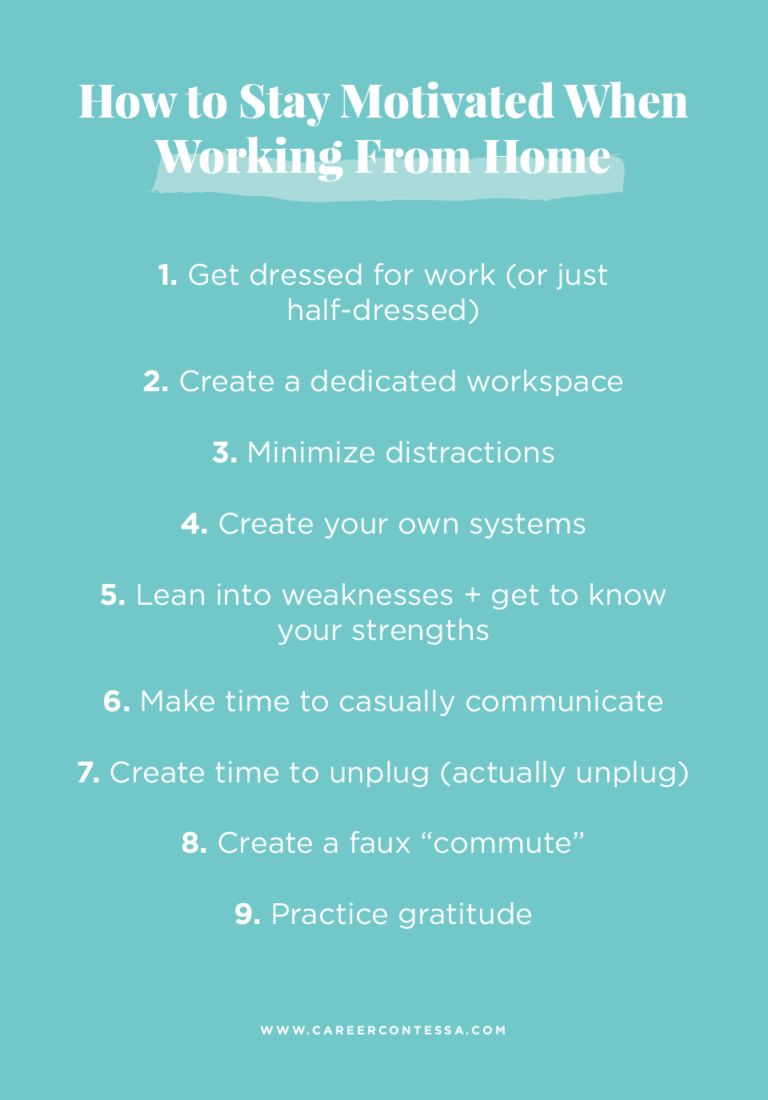How to Prepare for a Job Interview
Research the company and practice common interview questions. Dress appropriately and arrive on time.
Preparing for a job interview can feel daunting, but with the right approach, you can excel. Start by researching the company to understand its values, culture, and recent achievements. This knowledge helps tailor your answers and shows genuine interest. Practice answering common interview questions to build confidence and reduce anxiety.
Dress professionally to make a positive first impression. Arrive on time to demonstrate punctuality and reliability. Bring copies of your resume and a list of references. These steps ensure you are well-prepared and can present yourself as a strong candidate.
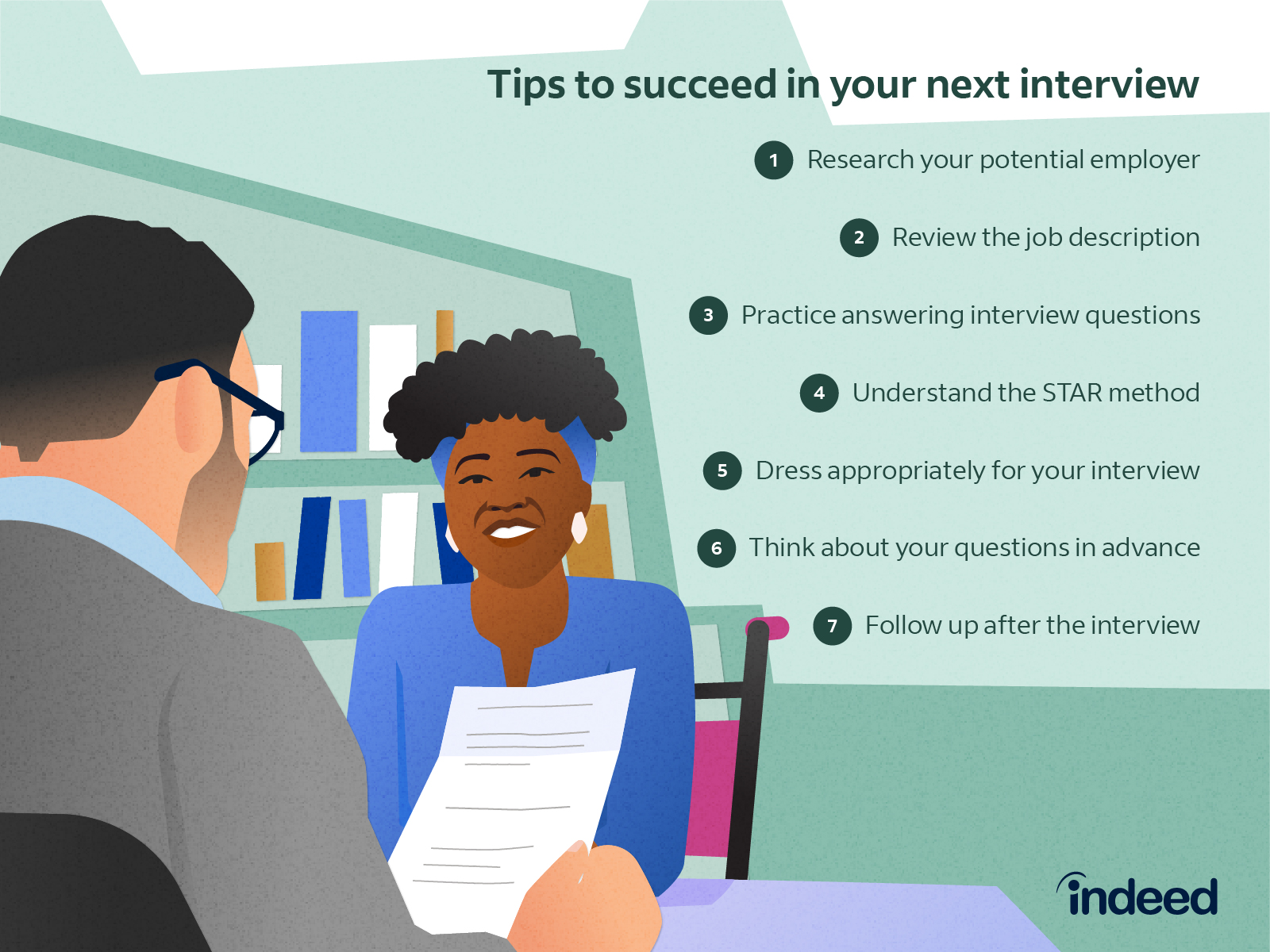
Credit: www.indeed.com
Research The Company
Preparing for a job interview involves many steps. One key step is researching the company. Knowing the company can help you stand out. You will feel more confident and ready.
Company Background
Understanding the company background is crucial. Start with the company’s website. Look for the “About Us” section. Note the company’s history and key milestones.
Check their LinkedIn page as well. See the company size, location, and industry. Read through any recent news articles about the company. This gives you a sense of their recent achievements.
Mission And Values
Every company has its mission and values. Find these on their website. Usually, they are in the “About Us” section or a dedicated “Mission” page.
Understanding the mission helps you align your answers. It shows you fit with their goals. Knowing their values helps you craft your responses. You can highlight how your values match theirs.
Consider making a table to organize this information:
| Aspect | Details |
|---|---|
| Mission | To innovate and lead in the tech industry. |
| Values | Integrity, Customer Focus, Innovation |
Researching the company shows your enthusiasm. It helps you prepare thoughtful questions. Your interviewer will notice your effort and preparation.
Understand The Role
Preparing for a job interview can be exciting and stressful. One key step is understanding the role. This helps you align your answers with the company’s needs. Knowing the role ensures you highlight the right skills and experiences.
Job Description
Start by reading the job description carefully. This document outlines what the company expects from you. It includes duties, responsibilities, and qualifications.
Make a list of the main tasks mentioned. For example:
- Managing social media accounts
- Creating marketing strategies
- Analyzing campaign performance
These tasks give you a clear idea of what your day-to-day work will involve. Matching your skills to these tasks helps you prepare better answers.
Required Skills
The job description also mentions the required skills. These are the abilities you need to perform well in the role.
Some common skills might include:
- Communication
- Teamwork
- Problem-solving
Identify which of these skills you possess. Think of examples from your past work where you demonstrated these skills.
Create a table like the one below to organize your thoughts:
| Skill | Example |
|---|---|
| Communication | Led team meetings and presented project updates. |
| Teamwork | Collaborated with colleagues on a successful campaign. |
| Problem-solving | Resolved a major issue in a client project. |
This table helps you remember key points during the interview. Focus on the most important skills to make a strong impression.
Practice Common Questions
Preparing for a job interview can be daunting. One effective way to ease your nerves is to practice common questions. This approach helps you think ahead and feel more confident. Let’s dive into some typical interview questions and how to tackle them.
Behavioral Questions
Behavioral questions explore your past experiences. Employers want to know how you handle various situations. Here are some common ones:
- Tell me about a time you faced a challenge at work.
- Describe a situation where you had to work in a team.
- How do you prioritize tasks when deadlines are tight?
Use the STAR method to structure your answers:
| Situation | Describe the context or challenge. |
|---|---|
| Task | Explain your role in the situation. |
| Action | Detail the steps you took to address it. |
| Result | Share the outcome and what you learned. |
Technical Questions
Technical questions assess your job-specific skills. These vary based on the role. Here are some examples:
- Explain the concept of object-oriented programming.
- How do you optimize a SQL query?
- What is the difference between TCP and UDP?
Prepare by reviewing job-specific knowledge. Practice coding challenges or problem-solving tasks. This ensures you can answer confidently and accurately.
Practicing common questions not only prepares you but also boosts your self-confidence. This makes you more comfortable during the interview. Best of luck!
Prepare Your Questions
Preparing questions for a job interview shows your interest and enthusiasm. It also helps you understand if the job is a good fit. Focus on asking about company culture and team dynamics.
Company Culture
Company culture affects your day-to-day work life. Knowing it helps you decide if you will be happy there. Here are some good questions to ask:
- What are the company’s core values?
- How does the company celebrate achievements?
- What is the company’s approach to work-life balance?
These questions show you care about the workplace environment. They also help you see if the company’s values align with yours.
Team Dynamics
Understanding team dynamics is crucial for your success and comfort at work. It’s important to know how teams interact and collaborate. Consider asking the following questions:
- How does the team communicate?
- What tools does the team use for collaboration?
- Can you describe a recent successful project?
These questions help you understand the team’s workflow. They also show you are interested in being an effective team member.
Dress Appropriately
Preparing for a job interview can be stressful. Dressing appropriately is crucial for making a good impression. Your attire can tell a lot about your professionalism. Let’s explore how to dress appropriately for a job interview.
Dress Code
Understanding the company’s dress code is essential. Research the company’s culture. Aim for a balance between formal and casual. Here is a simple guide:
| Company Type | Dress Code |
|---|---|
| Corporate | Business Formal |
| Startups | Business Casual |
| Creative Industries | Smart Casual |
Business Formal means a suit and tie for men, and a pantsuit or skirt suit for women. Business Casual may include dress pants and a button-up shirt for men, and a blouse with slacks or a skirt for women. Smart Casual allows more flexibility, like nice jeans with a blazer.
Grooming Tips
- Ensure your clothes are clean and ironed.
- Keep your hair neat and tidy.
- Use minimal, natural makeup.
- Trim your nails and maintain good hygiene.
- Wear polished shoes that match your outfit.
- Avoid strong perfumes or colognes.
Attention to grooming shows you care about the details. It can make a strong positive impression. A well-groomed appearance complements your attire.
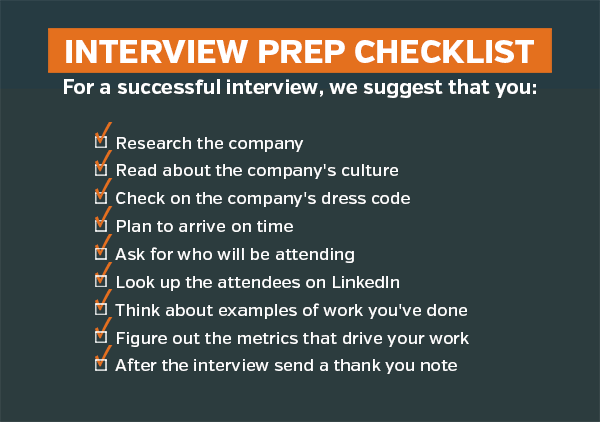
Credit: www.genesis10.com
Organize Your Documents
Preparing for a job interview involves more than rehearsing answers. An important step is to organize your documents. Having well-arranged documents shows professionalism and readiness. Below are essential documents you should prepare.
Resume Copies
Your resume is a snapshot of your professional life. Print multiple copies of your resume. Use high-quality paper for a professional look. Ensure your resume is updated and free of errors. Highlight your skills and experiences that match the job. Bring at least five copies to the interview.
Portfolio Samples
If your job requires a portfolio, organize it neatly. Select your best work samples. Keep them relevant to the job you’re applying for. Use a clean, professional binder or folder. Create a table of contents for easy navigation.
| Document Type | Details |
|---|---|
| Resume | Updated, error-free, printed on quality paper |
| Portfolio | Best work samples, neatly organized |
Keep these documents in a folder. This keeps them clean and organized. It also shows your attention to detail.
Plan Your Journey
Planning your journey to a job interview is crucial. It ensures you arrive on time and stress-free. Here are key steps to prepare effectively.
Route Planning
Begin by identifying the interview location. Use a reliable map service like Google Maps. Check multiple routes to find the best one. Consider the traffic conditions and possible delays. Save the address on your phone for easy access. Practice the route a day before the interview. This helps you get familiar with it.
Time Management
Calculate how long the journey will take. Add an extra 30 minutes for unexpected delays. Plan to arrive at least 15 minutes early. This shows punctuality and gives you time to relax. Set reminders on your phone to leave on time. Prepare all needed items the night before. This includes your resume, portfolio, and identification. Lay out your clothes in advance. A good night’s sleep is essential. This ensures you are fresh and alert for the interview.
| Task | Action |
|---|---|
| Identify Location | Use Google Maps |
| Check Routes | Consider Traffic |
| Save Address | On Your Phone |
| Practice Route | Day Before |
| Calculate Journey Time | Add Extra 30 Minutes |
| Arrive Early | 15 Minutes Prior |
| Set Reminders | To Leave on Time |
| Prepare Items | Resume, Portfolio, ID |
| Lay Out Clothes | Night Before |
| Get Sleep | Be Fresh and Alert |
By planning your journey well, you can focus on performing your best.
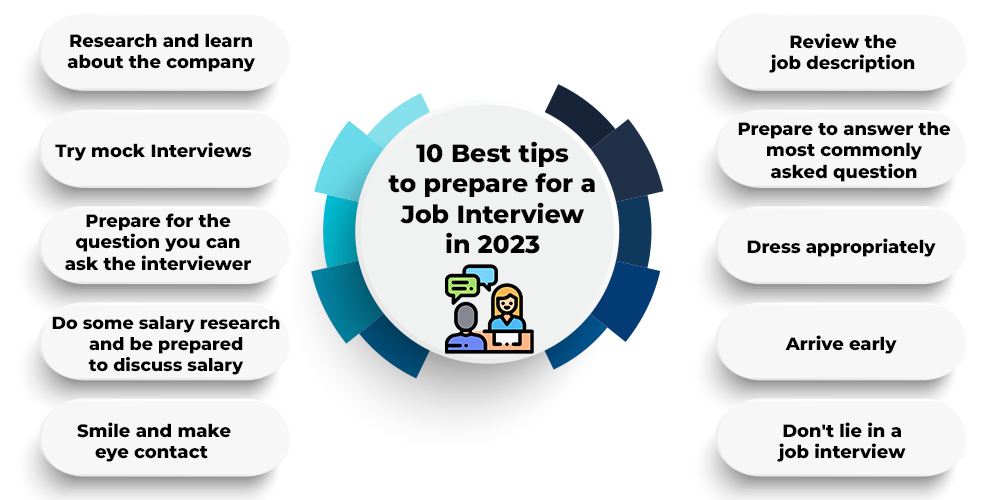
Credit: www.geeksforgeeks.org
Follow Up
After a job interview, following up is crucial. It shows your interest and keeps you top of mind. Here’s how to do it effectively.
Thank You Email
Send a thank you email within 24 hours. This shows your gratitude and reinforces your enthusiasm for the role.
In your email, mention specific points from the interview. This demonstrates your attention and genuine interest.
Here’s a simple template you can use:
Subject: Thank You - [Your Name]
Dear [Interviewer's Name],
Thank you for the opportunity to interview for the [Position] role. I enjoyed learning about [Company Name] and discussing how my skills align with your needs.
I am very excited about the possibility of joining your team and contributing to [specific project or task mentioned in the interview].
Please let me know if you need any additional information. I look forward to the next steps.
Best regards,
[Your Name]
Next Steps
Understanding the next steps is essential. During the interview, ask about the timeline for the hiring process.
After sending your thank you email, wait for the specified period before reaching out again. This shows patience and professionalism.
If you haven’t heard back within the expected timeframe, send a polite follow-up email:
Subject: Follow-Up - [Your Name]
Dear [Interviewer's Name],
I hope this email finds you well. I am writing to inquire about the status of my application for the [Position] role.
I am very interested in the opportunity to work with [Company Name] and am eager to hear about the next steps.
Thank you for your time and consideration.
Best regards,
[Your Name]
Conclusion
Mastering job interview preparation is key to success. Research the company, practice answers, and dress appropriately. Confidence and punctuality matter. Keep calm, stay positive, and follow up after the interview. By following these steps, you’ll increase your chances of landing your dream job.
Good luck!
